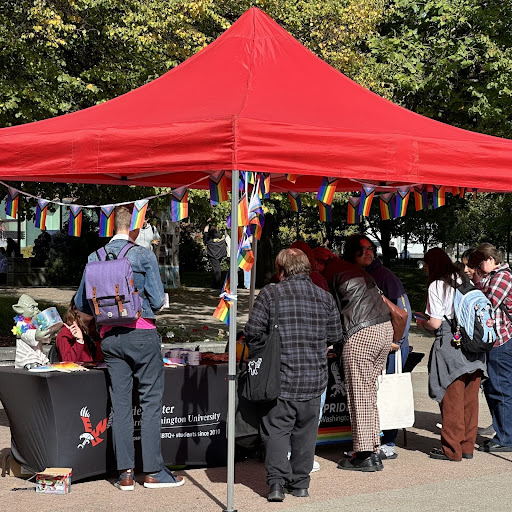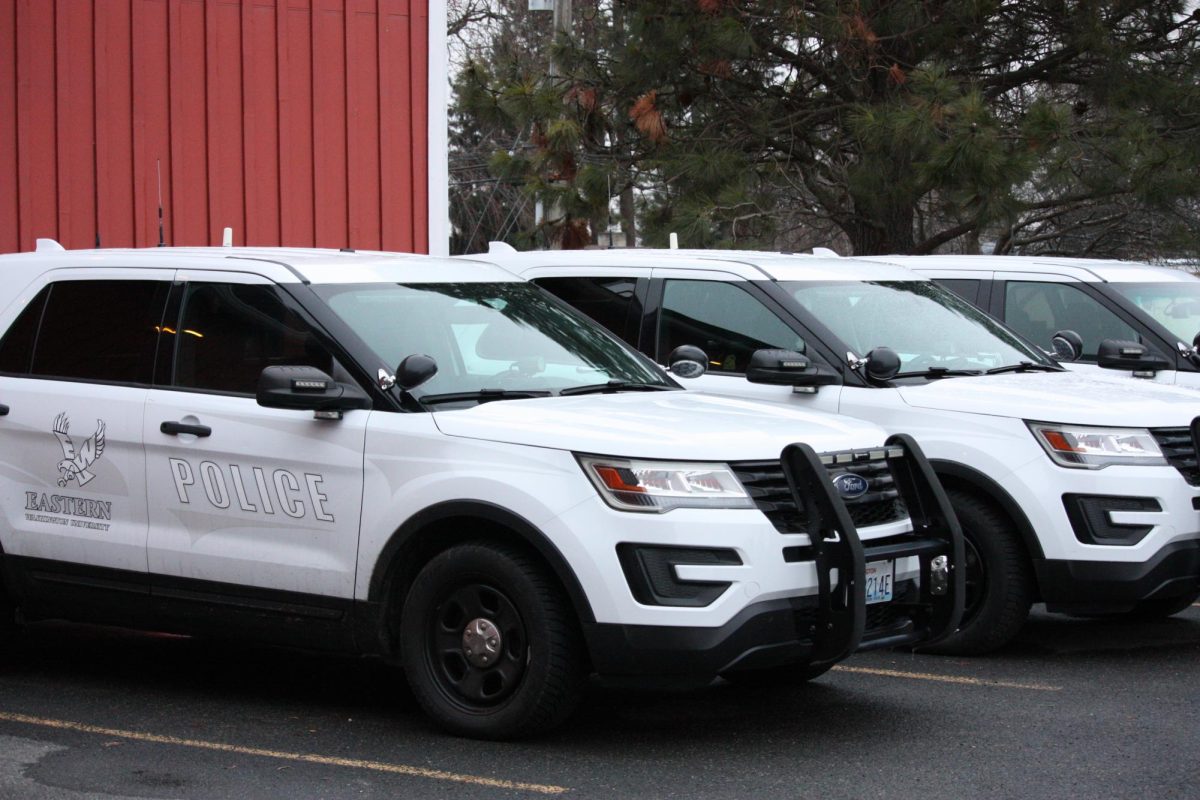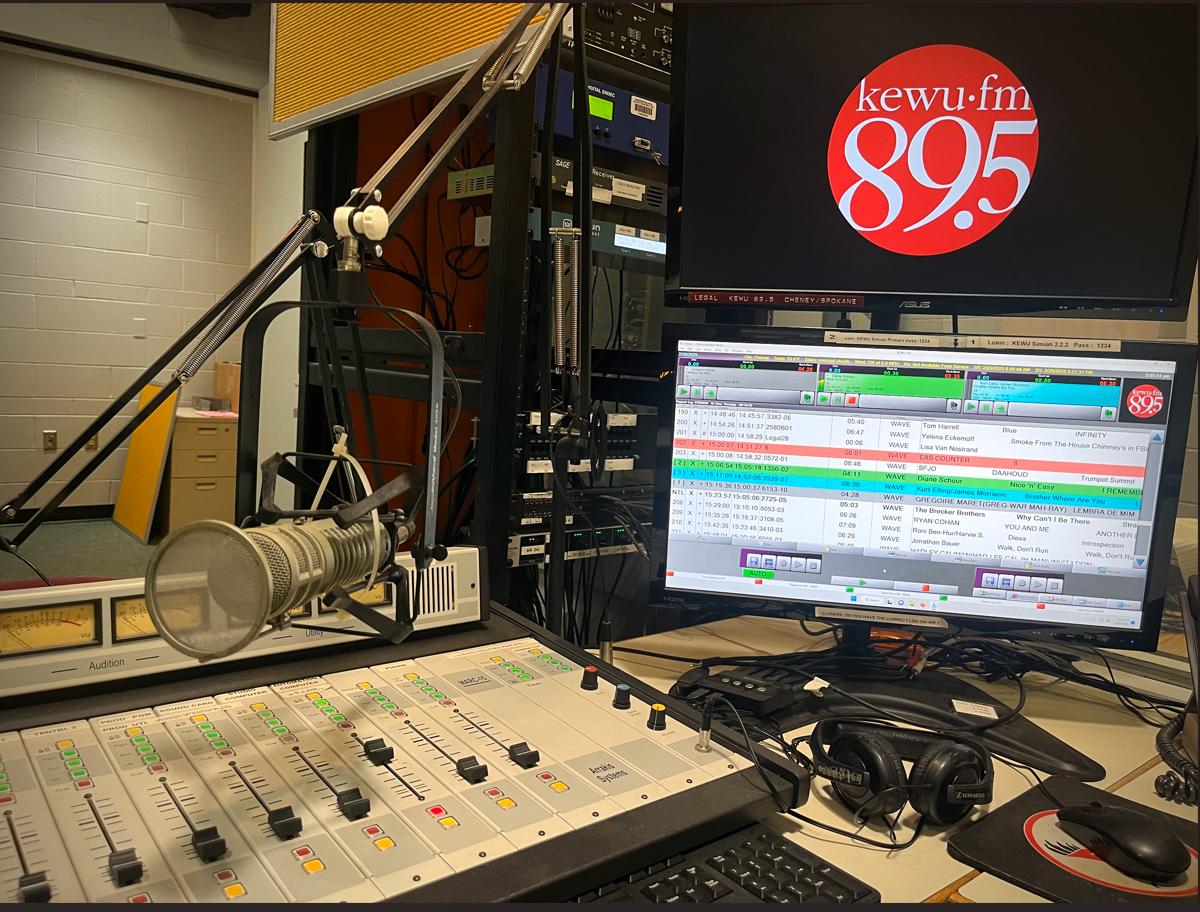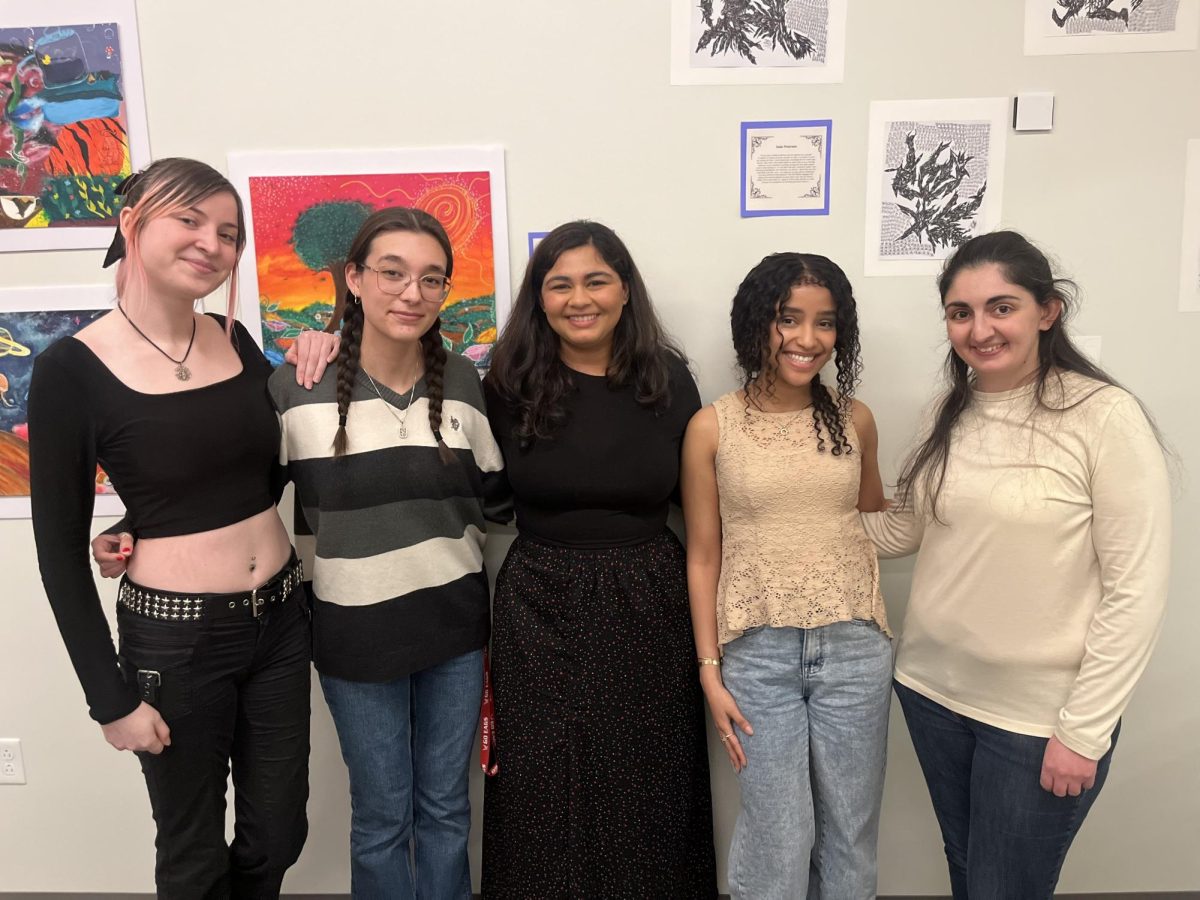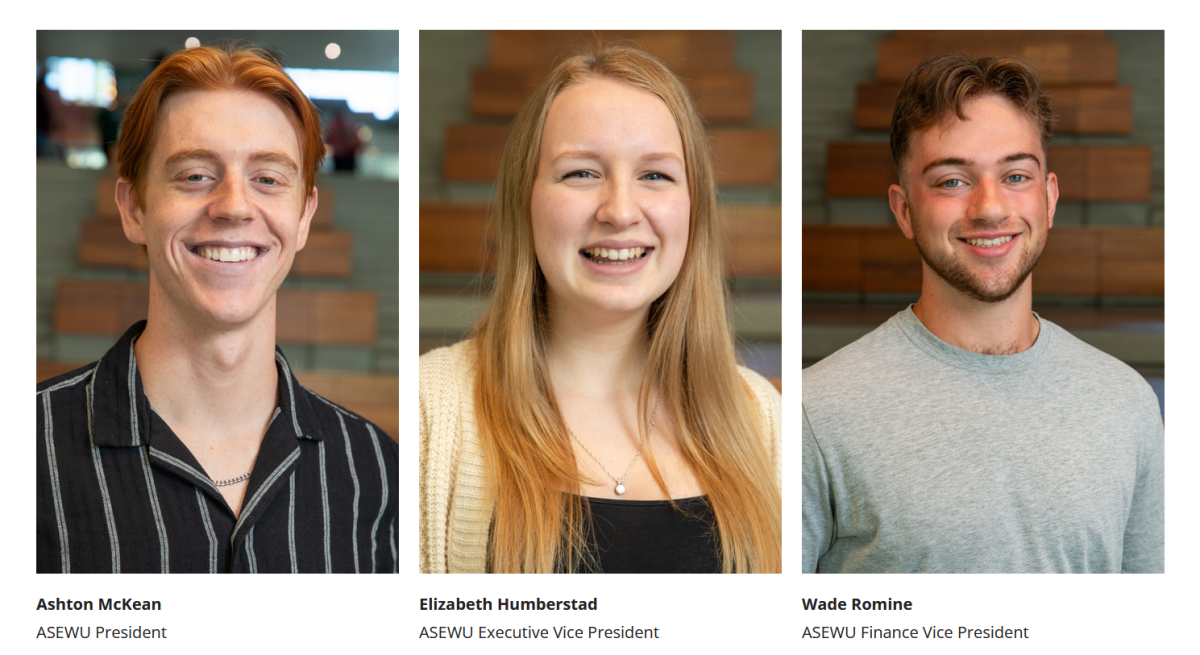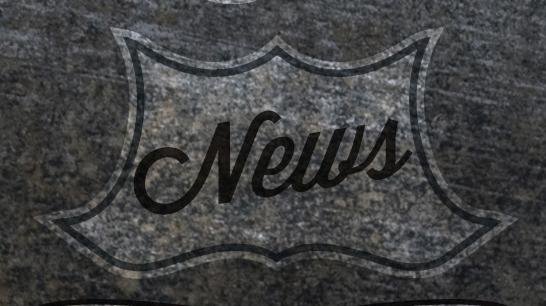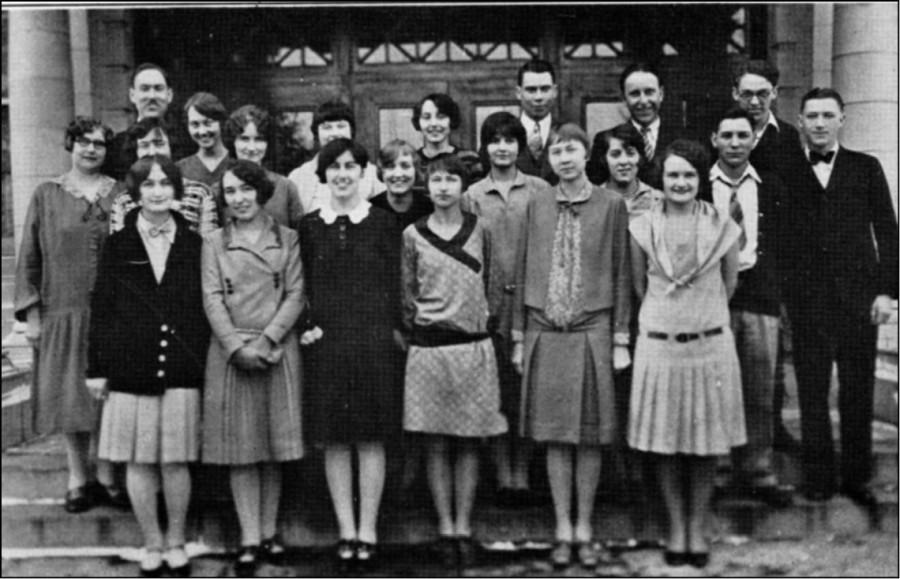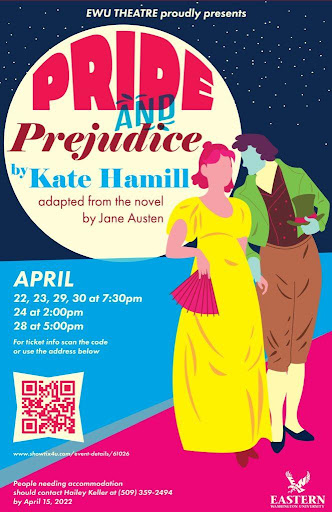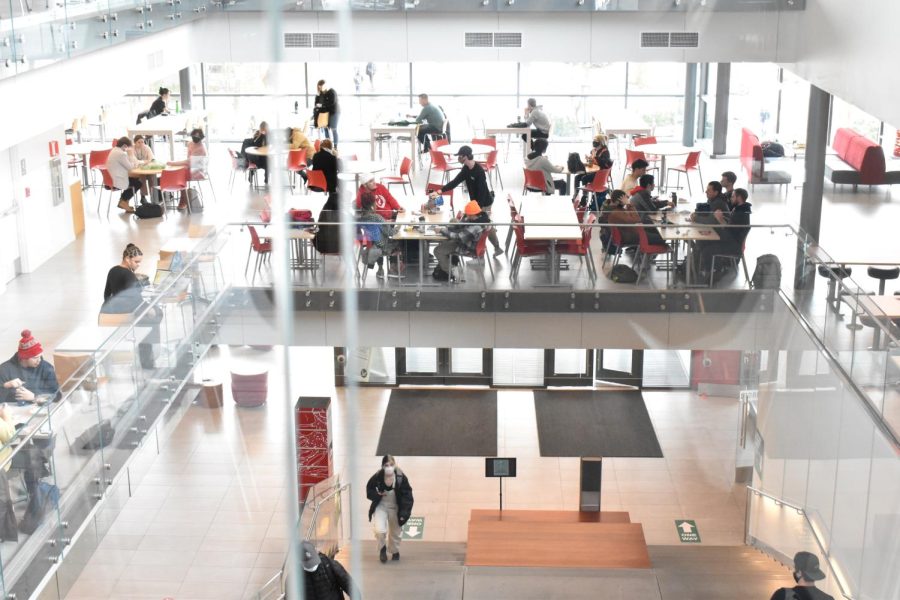Eastern Washington University kicked off its Pride Month celebration on Oct. 3, but some students are wondering why campus celebration began in October.
Many people are aware of LGBTQ+ Pride Month in June, a time typically marked by parades and festivities, but far fewer know about the reasoning for ‘October Pride Month.’
“I know we’ve talked a little bit about it at the Pride Center, but I’m not quite sure why October,” said Lex Glover, a student at Eastern Washington University.
Naite Boham, interim manager of the Eagle Pride Center, said that October is the “second gayest month.”
“Halloween has been adopted by queer culture because queer and trans people have also been portrayed as “monsters” in media,” Boham said.
In addition to Halloween being embraced by queer culture, there are many historical reasons LGBTQ+ people are celebrated in October.
“National Coming Out Day is October 11, so that’s really worth celebrating. It’s also LGBTQ+ history month,” Boham said.
Despite the confusion around October Pride Month, Boham said the events have been a huge success.
“Pride Kickoff was great, very-well attended. There were a bunch of great resources on campus, lots of swag given away and resources for trans healthcare,” Boham said.
In fact, the student turnout for the event was greater than anticipated.
“We had 200 hot dogs for the event and went through them very quickly. It seemed like we were out in 30 minutes.” Boham said.
For the rest of the month, Eagle Pride has more events on the horizon.
“We have some tickets to Rocky Horror at the Pride Center, and we are looking forward to inviting students to come with us,” Boham said.
To get put on the list for tickets, fill out this form.
“We are also planning on doing a pumpkin painting event,” Boham said.
In addition to all of the cool events, Boham is glad to have October pride so more students can be included and represented.
“Everyone is gone in June, so the October celebrations include more people,” Boham said.
Glover also thinks it’s important that students like them feel represented on campus.
“All representation matters. All voices need volume,” Glover said. “If the voices are all Christian white men, then we only hear the victors, not the minorities. But if anything, the oppressed people need to be heard the most.”



